Keywords: Voice To Parliament
There are more than 24 results, only the first 24 are displayed here.
Become a subscriber for more search results.
-

AUSTRALIA
While much of the world drifts toward political extremes, Australia did something quietly radical: it chose the centre. In a night of subdued triumphs and unexpected grace, it was a reminder that democracy’s strength may still lie in its capacity for moderation, mercy, and surprise.
READ MORE 
-

EDUCATION
- Meaghan Paul
- 16 April 2025
A Netflix drama about violent teens has ignited a global moral panic. But behind the hysteria, schools remain imperfect but vital places where most children still learn, grow, and thrive. The real crisis may not be with the students, but with the adults watching from afar.
READ MORE
-
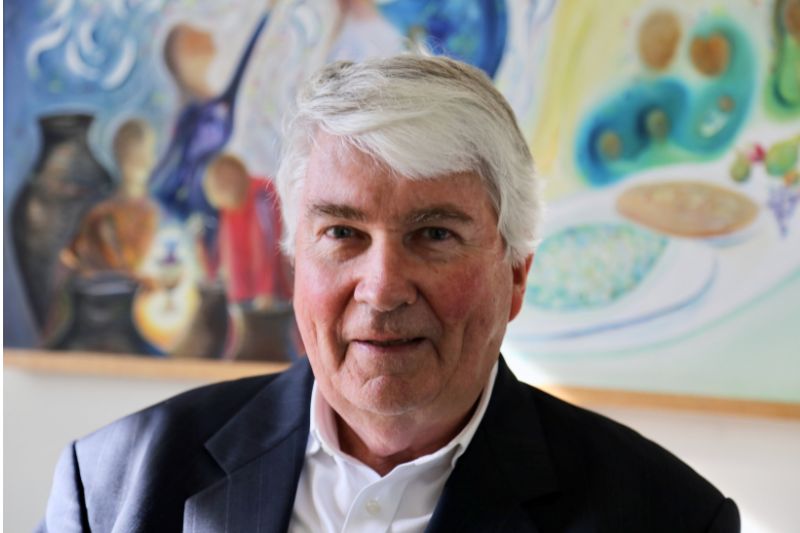
RELIGION
- Jim McDermott
- 13 March 2025
Frank Brennan wears his prominence lightly. A priest, lawyer, and tireless advocate for Indigenous rights and refugees, he is as at home in political corridors as he is at the dinner table, welcoming friends with stories and good cheer. Now, celebrating 50 years as a Jesuit, he reflects on faith, justice, and a life of service.
READ MORE
-
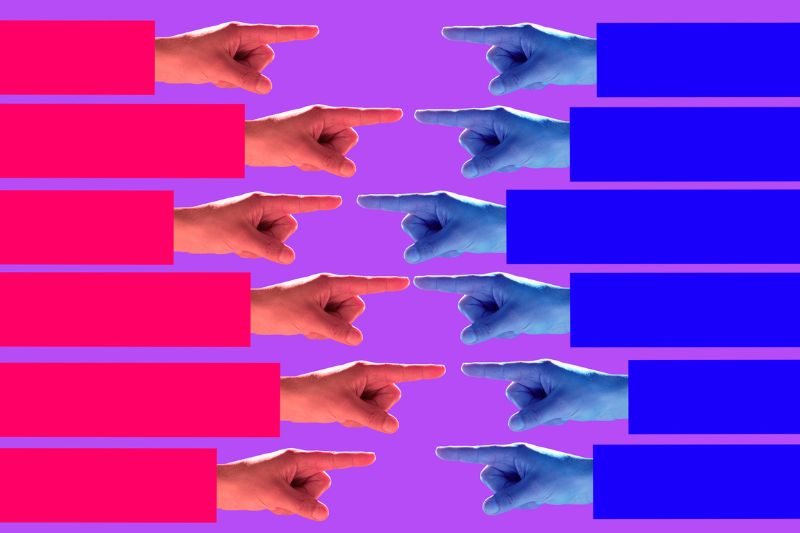
AUSTRALIA
- Sarah Klenbort
- 12 March 2025
As Australia heads towards another federal election, the influence of big money in politics looms larger. In the U.S., billionaires and corporate interests have eroded trust in government. Campaigns there cost billions of dollars, while ours, for now, do not. But can we keep it that way?
READ MORE
-

ARTS AND CULTURE
- Nikki Richardson
- 06 March 2025
In Netflix series Apple Cider Vinegar, Belle Gibson’s wellness scam has been repackaged for the streaming era, perfectly illustrating how news, entertainment, and advertising function as overlapping parts of the same machinery to keep us consuming content.
READ MORE
-

AUSTRALIA
- Sandy Toussaint
- 13 February 2025
In Broome, the work of the Royal Commission into Aboriginal Deaths in Custody uncovers not only personal grief but also the enduring systemic failures that continue to claim Indigenous lives. As the commission’s findings remain largely unimplemented, the question remains: why has Australia failed to meaningfully address the injustice of these deaths?
READ MORE
-

AUSTRALIA
- Kevin Bell
- 29 November 2024
2 Comments
With unaffordable housing pushing families into impossible choices, homelessness affecting 120,000 people, and systemic inequities deepening, we must ask: What kind of society do we want to build — and for whom?
READ MORE 
-
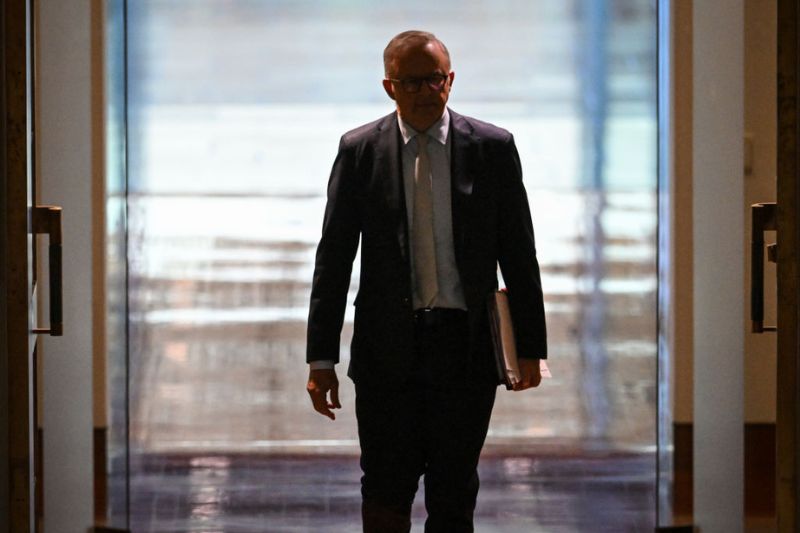
AUSTRALIA
- James Massola
- 23 October 2024
8 Comments
As Prime Minister Anthony Albanese navigates a slow but steady decline in approval, his cautious leadership approach is increasingly under scrutiny. With rising pressures on housing, the economy, and global events, is it time for him to take the bold political risks necessary to stave off the threat of minority government?
READ MORE
-
.jpg)
MEDIA
- Michele Frankeni
- 15 October 2024
Two years ago to the month, I wrote in this column of my despair and disgust of the impunity with which society leaders and politicians didn’t just shade the truth, but buried it six-feet deep and then gleefully stomped on it. In the past week, a couple of things reminded me of that piece and about the role truth plays in our public discourse. It reminded me how fragile our grasp on reality has become, and why that matters.
READ MORE 
-
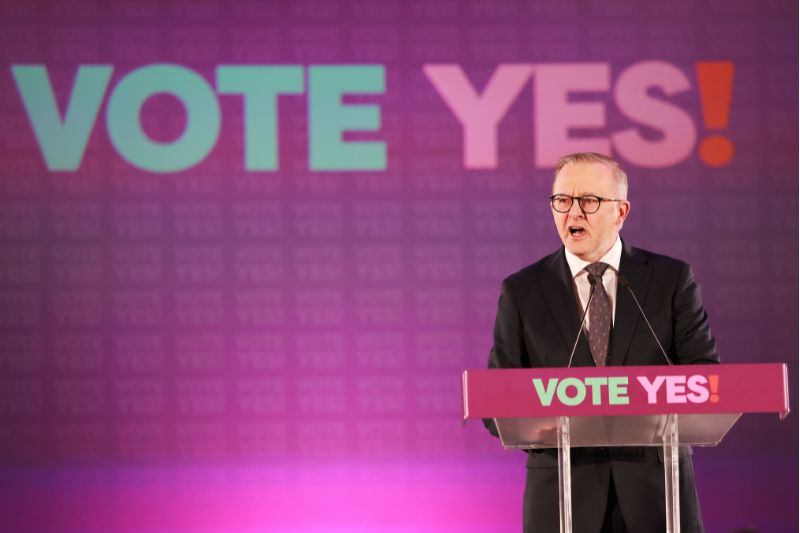
AUSTRALIA
- Michelle Grattan
- 04 October 2024
5 Comments
Almost a year after the Voice proposal was defeated, blame and recrimination are still being thrown around, and the government is still reeling from Albanese’s overreach.
READ MORE
-

AUSTRALIA
- Frank Brennan
- 25 September 2024
3 Comments
The Government is making another valiant effort to rein in the adverse effects of ungoverned digital platforms. But in debating such a detailed bill without the backstop of a constitutional or statutory bill of rights recognising the right to freedom of expression, there are no clear guard rails for getting the balance right.
READ MORE
-
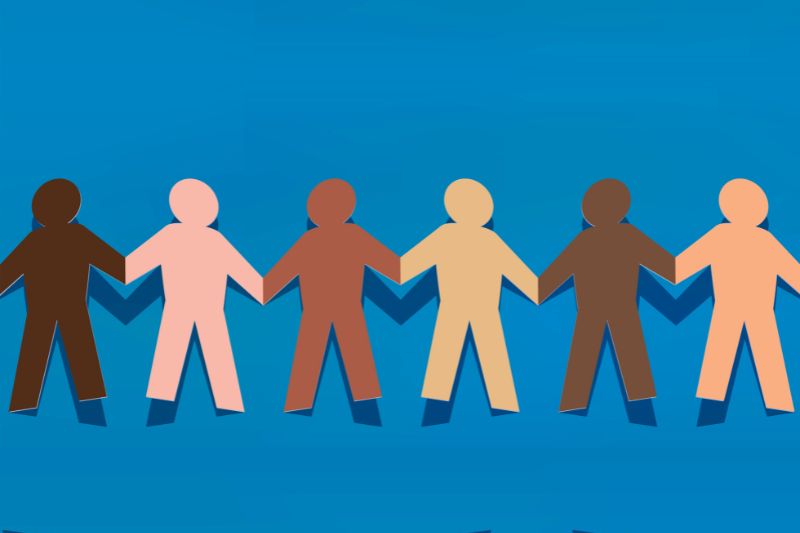
AUSTRALIA
- Joseph Camilleri
- 28 August 2024
3 Comments
As Australia faces numerous moral crises from domestic inequality to global militarization, a proposed national charter of principles could to reshape our society and redefine our global role. This declaration would acknowledge Indigenous dispossession, prioritize human rights, and shift focus from military alliances to human security.
READ MORE